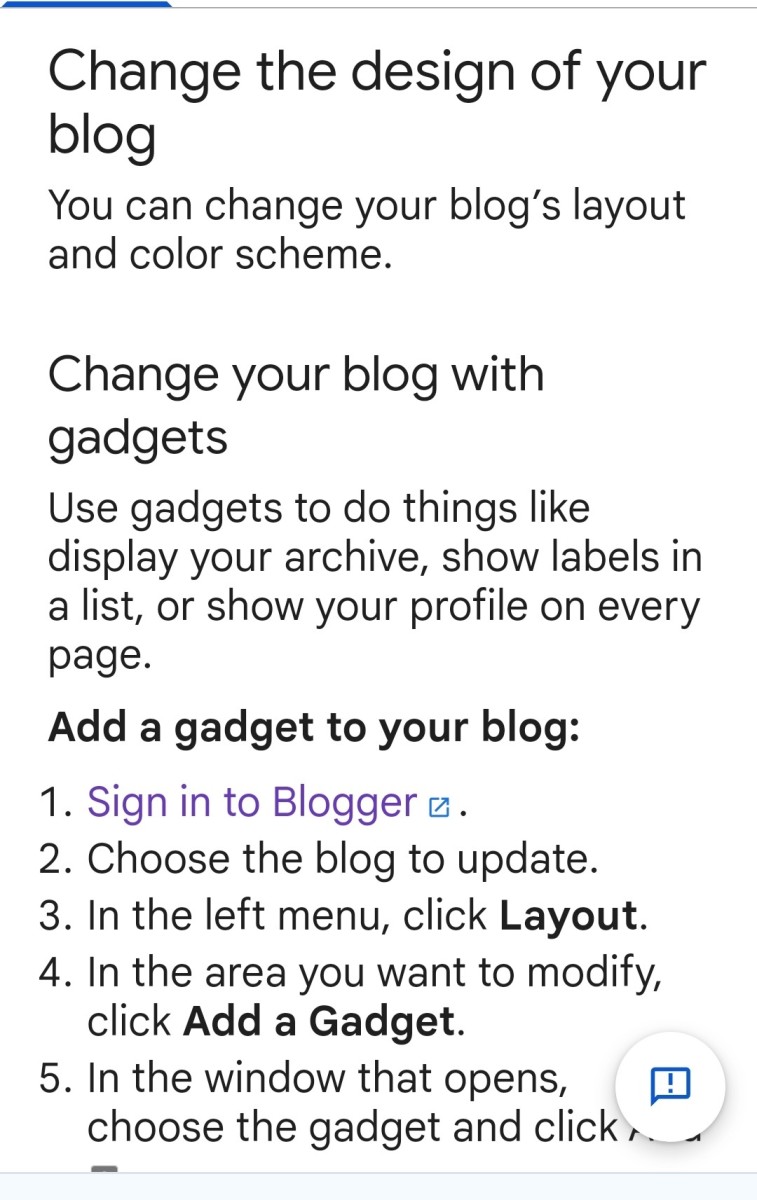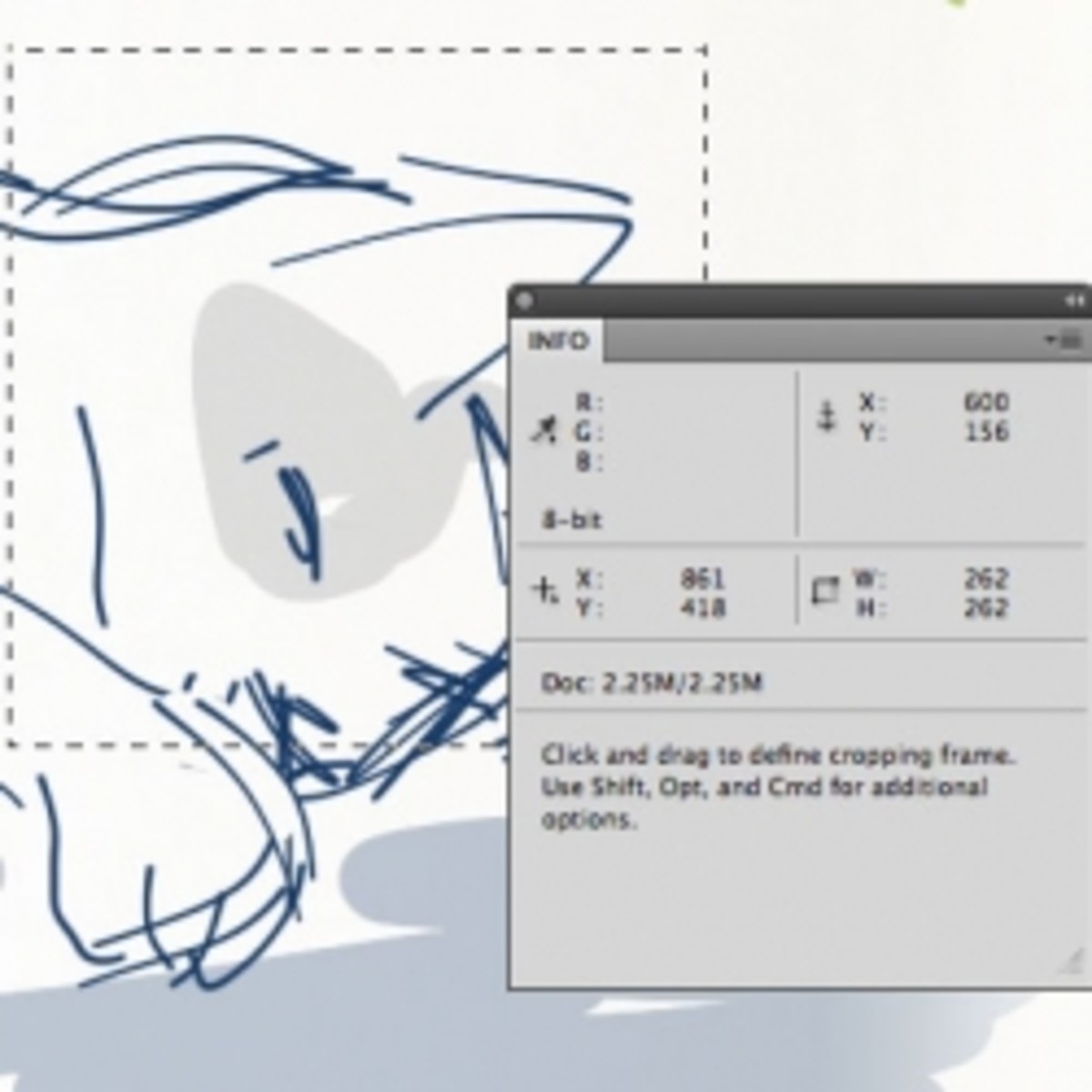Web Development Terms

Web development is a very technical job which requires the expertise of those who are familiar with programming, design and/or online marketing. As the owner of a web site, it is important to be at least familiar with some of the terms used in web development so you can assume a better and more informed control over the appearance and the content of your website. Listed below are some of the popular terms used among the local San Diego web developers.
- Above the fold. This is the part of the web page that you see without scrolling down. The term was derived from newspapers, where it was used it to describe a news story or photo placed on the upper half of the front page.
- Alt Text. Search engines do not include images when looking for related content. Hence, it is important to code images and videos with the “alt” attribute, which adds descriptive text to the object. The alternative text (alt text) should provide a description of the object. You can also add keywords to the alt text to boost your website’s visibility on the search results.
- Cost per action (CPA). This is the fee charged for specific actions that a user performs on a website. For example: for an online ad posted on a website, you are charged $0.50 for every click-through you receive and $0.25 for every view of the webpage where your online ad appears.
- Click-through. It is the term for the action of clicking on a web link, thus taking you to the linked site. Many online statistics are based on the number of click-throughs made on a link. If you are an online advertiser, some online advertising firms charge you for each click-through made on your online advertisement.
- Hypertext Mark-up Language (HTML). It is the computer language or a set of computer commands used to create web pages. HTML allows the webmaster to arrange the elements of the website, which includes text, images and links in his or her preferred layout.
- Cascading style sheet (CSS). It is the language used to customize the look and the format of a webpage. This includes customizing the colors, fonts and the layout of the page.
- Dynamic HTML (DHTML). This refers to different technologies (JavaScript, HTML, CSS, Document Object Model) used to make interactive web pages. This type of programming equips your website with the ability to alter its look and function based on set variables. It makes your website more customizable for the web user.
- Web hosting and domain name. A web host gives you the “space” where you can put up your website. The space comes from the servers owned or leased by the web hosts. Costs for web hosting vary across types, but the average price ranges from $5 to $7 for Linux hosting, and around $9 for Windows. The dedicated web hosting service, wherein a server is used solely for your website, costs around $100 to $130. The domain name or uniform resource locator (URL), on the other hand, refers the address of your website.
- Dynamic content. This refers to pages which are automatically updated per view of a web user. The content usually comes from a database.
- Static Content. This refers to the webpages with text, images or videos that you manually put up. These pages will remain the same until you edit them.
- Keyword. This is the word or phrase which describes what your website is all about. Search engines use keywords to categorize or determine the web page's nature. Hence, it is important to have a unique and accurate keyword that would boost your visibility on the search results among other websites who have similar content.
- Keyword density. This is the ratio of keywords present in your texts or alt-texts to the total number of words used in your web page. Keyword density plays a role in determining the relevancy of your web site on search results.
- Optimization. The act of making your website more visible by customizing it to become more search engine and user-friendly. This may include adding keywords in your texts and alt-texts, improving your layout and increasing the number and visibility of the links to your website on other pages.
If you are looking for a San Diego web design and development firm, RickyDeez is a company that offers these services, along with SEO and online marketing. Take a look at the available packages on the official website at RickyDeez.com .






